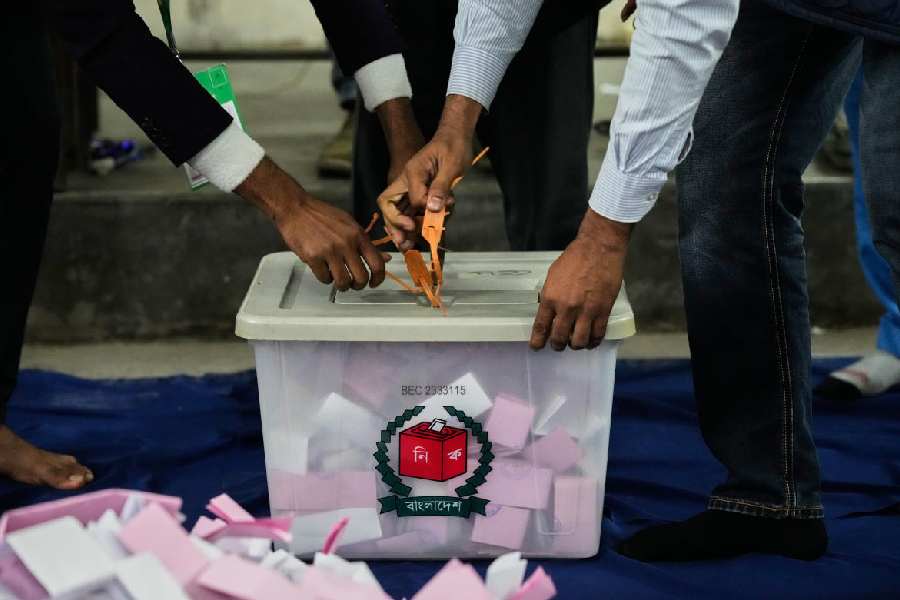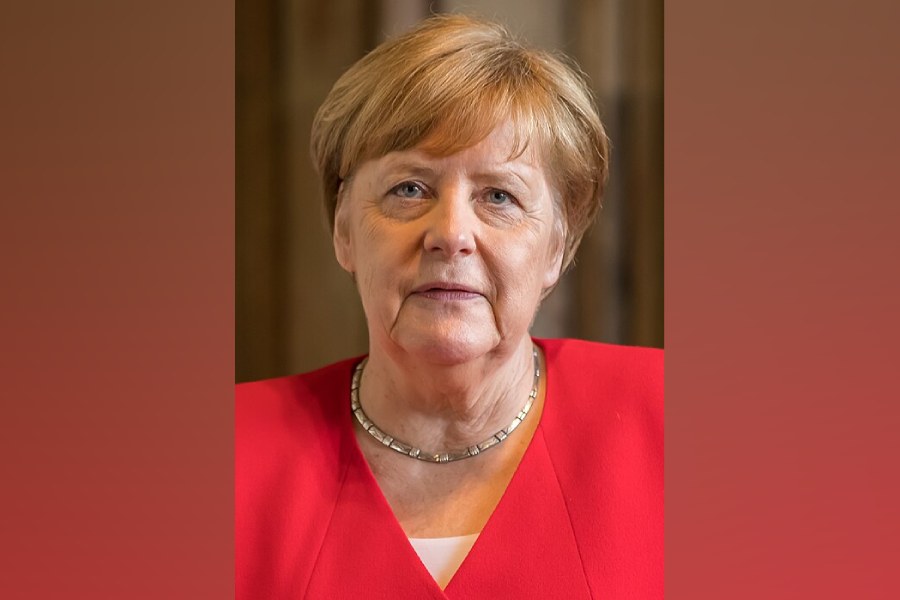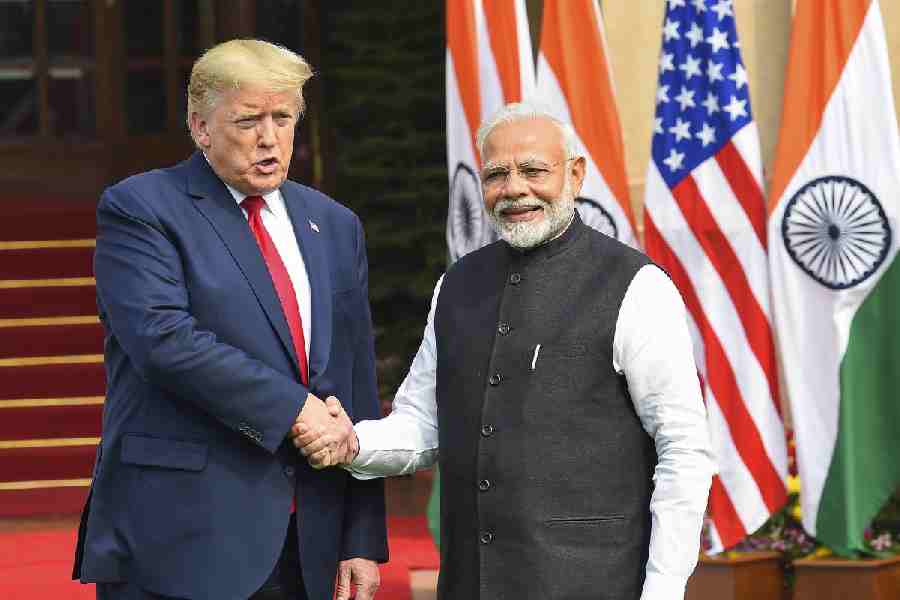New Delhi, March 21: The Union health ministry announced today it would provide exclusively through government hospitals in five cities a new anti-tuberculosis drug for patients with drug resistance who do not respond to standard first-line and second-line medicines.
The drug, called bedaquiline, will be available only to patients who meet certain criteria through TB hospitals in Ahmedabad, Chennai, Guwahati, Mumbai, New Delhi, through a conditional access programme under which US pharmaceutical company Janssen will give it free to the Indian government.
"The new drug will be administered under close supervision only to patients with XDR-TB or pre-XDR-TB," said Sunil Khaparde, deputy director-general in the health ministry. Patients are classified XDR-TB when they are not cured by combinations of first-line and second-line drugs used to treat the bacterial infection.
In the absence of nationwide surveillance data on multi-drug resistant (MDR)-TB, health officials estimate India has about 75,000 MDR-TB patients, of which about 1,000 would fit XDR-criteria and qualify for bedaquiline therapy in combination with other drugs.
Khaparde said Janssen had already provided sufficient doses to treat 600 patients and the US Agency for International Development (USAID) had pledged more stocks to support 10,000 more patients over the next five years. The cost of bedaquiline therapy is around Rs 1 lakh per patient, in addition to the costs of other drugs, he said.
Health experts familiar with India's decades-long war against TB have welcomed the introduction of bedaquiline but cautioned that the government will need to prepare to use its own finances to sustain the programme if or when Janssen or the USAID stop supporting it.
"Many patients are desperate for bedaquiline - it is good that health ministry is making this available selectively through government hospitals. We have seen many anti-TB drugs being burnt (rendered ineffective) by inappropriate use in the private sector," said Leena Menghaney, a lawyer with Medecins Sans Frontieres, the humanitarian agency that treats patients with MDR-TB in India and other countries.
"In the long-term, India will need to develop some strategy to reduce the cost and make this drug available to more patients who require it," Menghaney added.
Union health minister Jagat Prakash Nadda, who announced the bedaquiline programme today, also said his ministry would expand the installation of rapid-diagnosis machines to detect resistance to first-line drug rifampicin from 121 government clinics to 621 across the country.
"The government is committed to accelerating its efforts to combat TB," Nadda said. The machines are expected to be functional in the 500 additional sites within two to three months, officials said.
The machines can diagnose the infection within two hours and are expected to help India quickly expand the diagnosis of possible MDR-TB patients. "Early detection of MDR-TB and appropriate treatment is crucial to curb any growth of MDR in India," said Ranjan Das, a chest specialist and secretary of the Bengal Tuberculosis Association.
"But a large number of TB patients seek treatment outside the government programme. The challenge is to ensure that every patient in India gets appropriate treatment for the infection," Das said.











